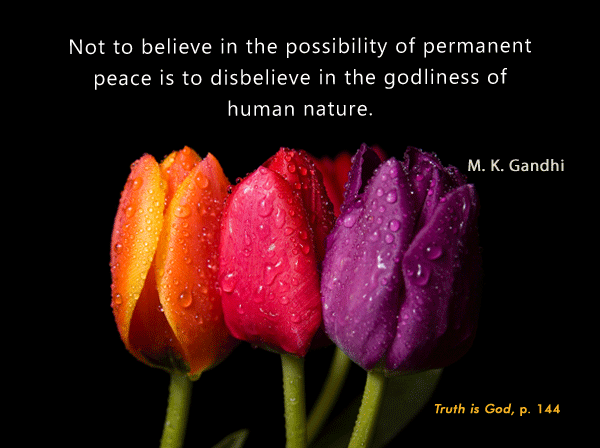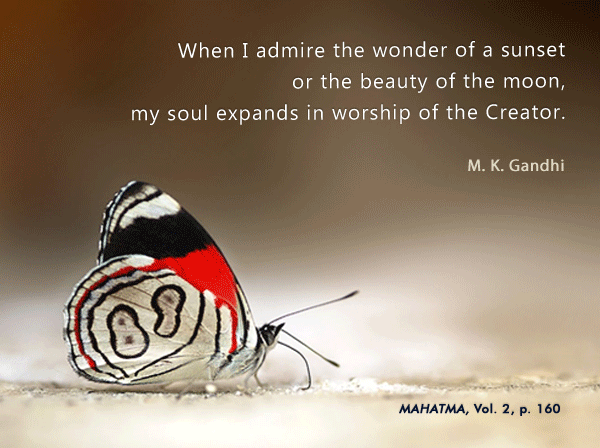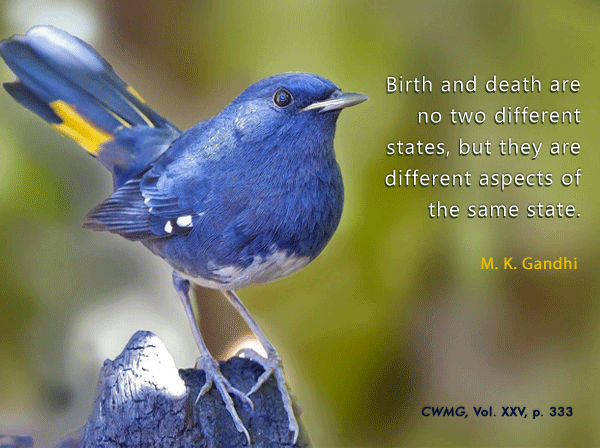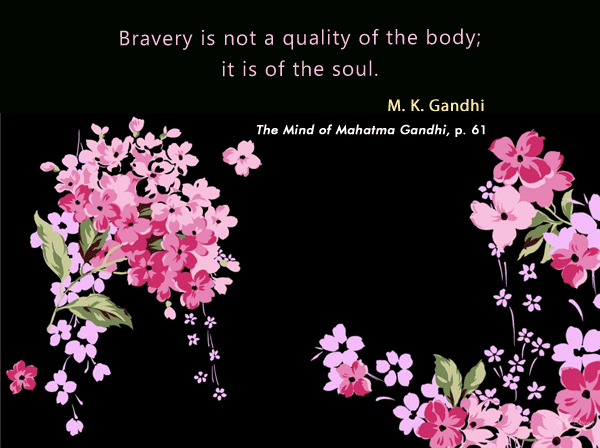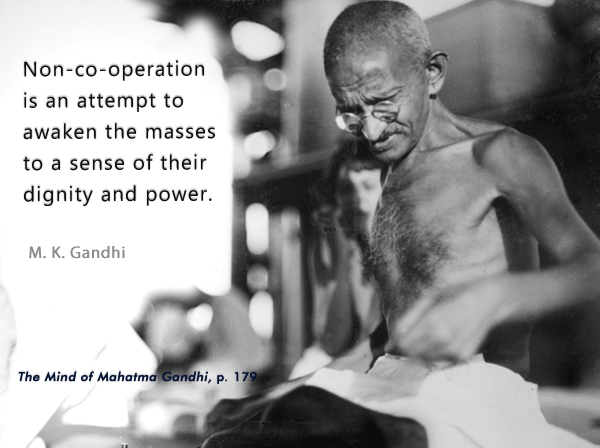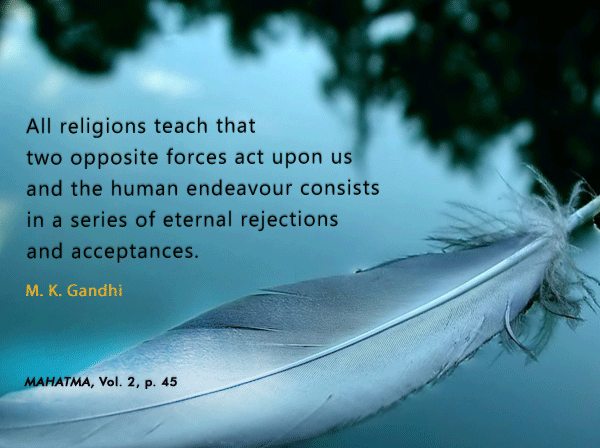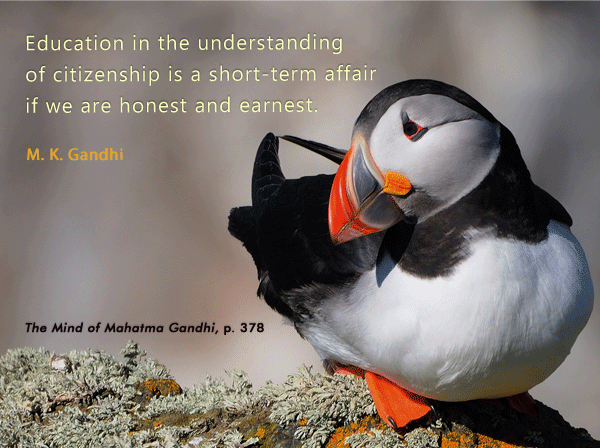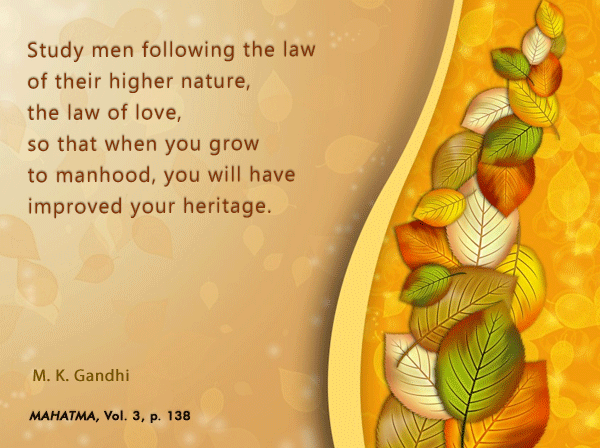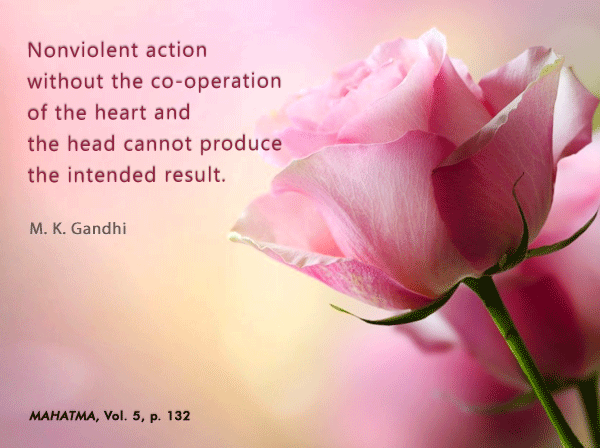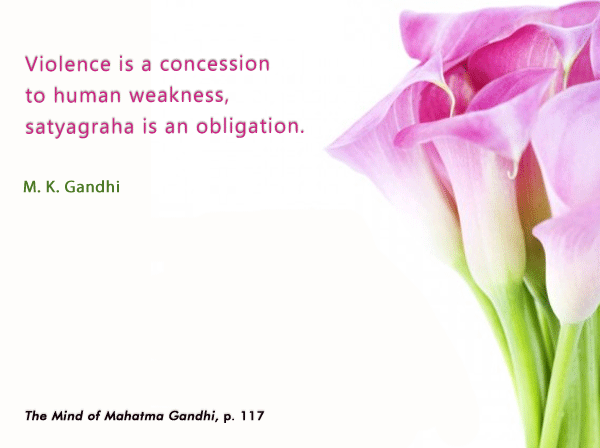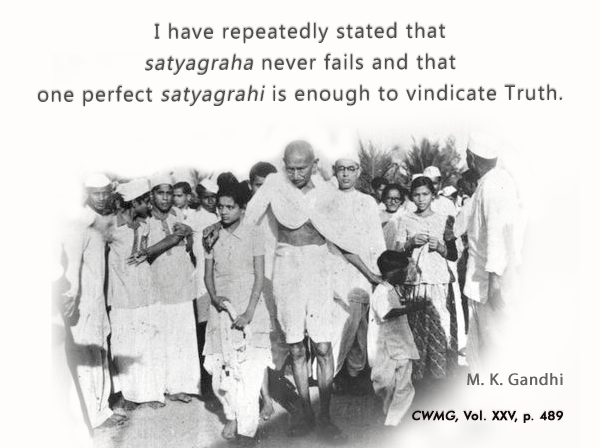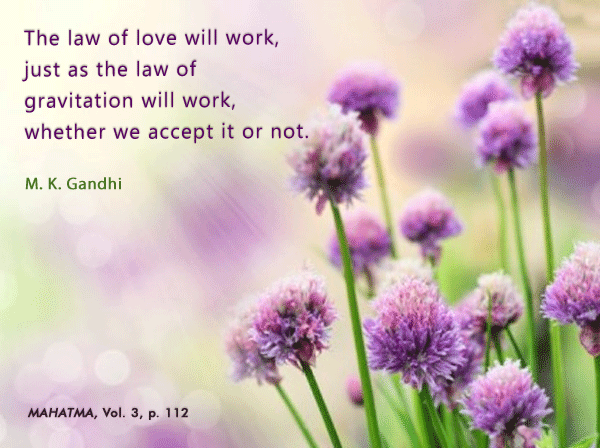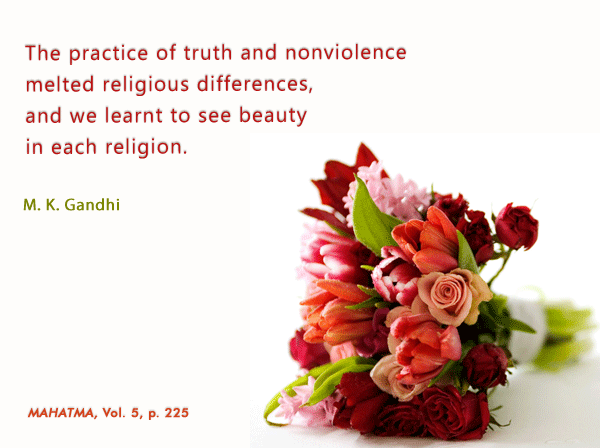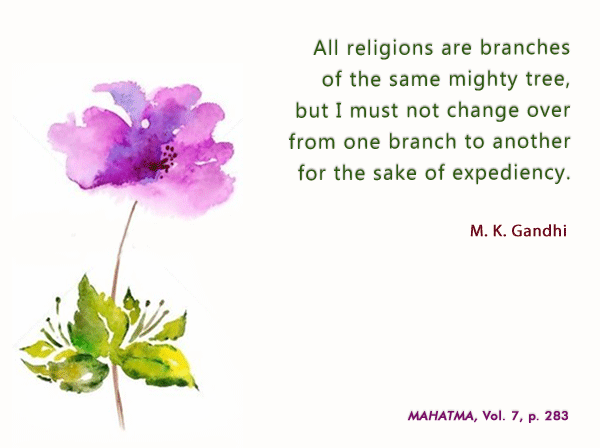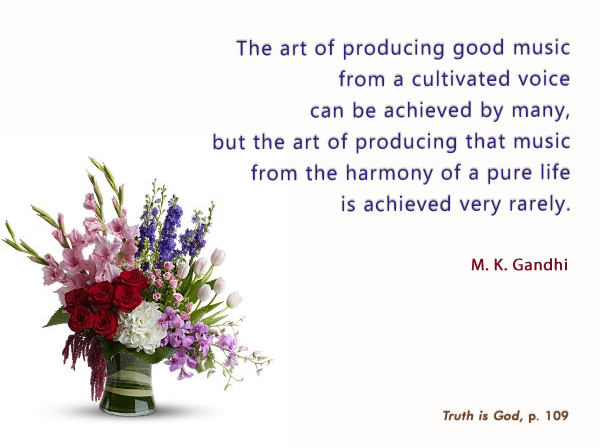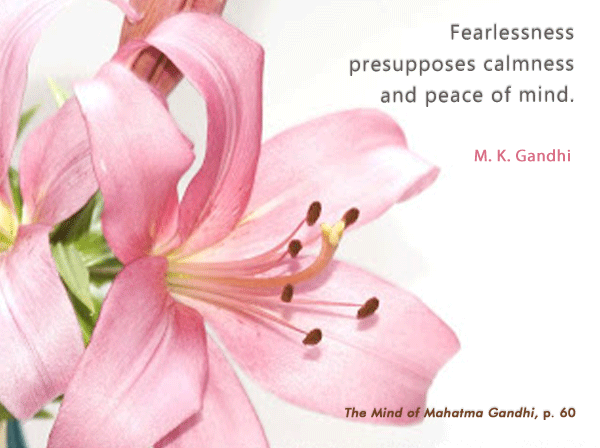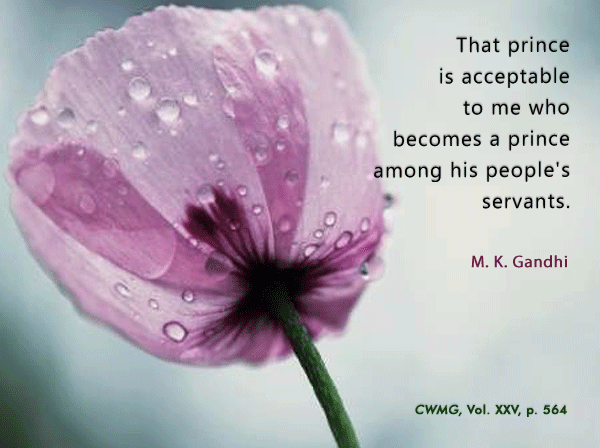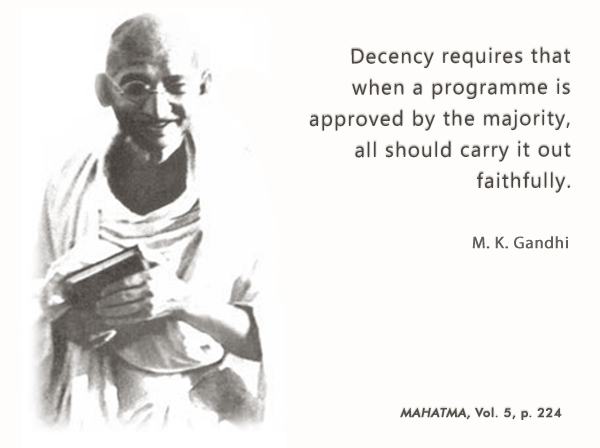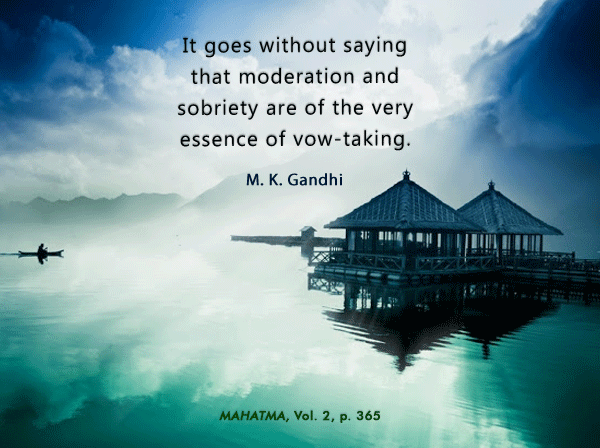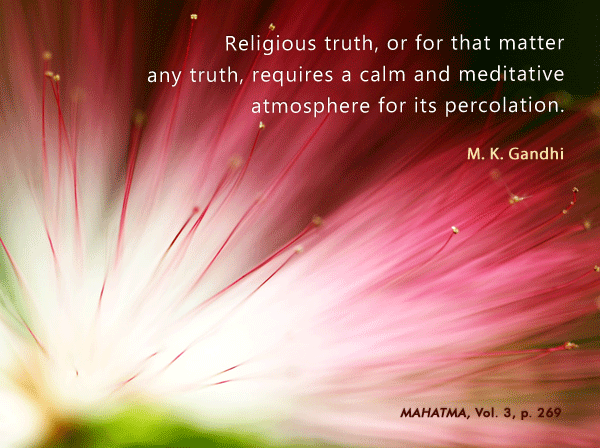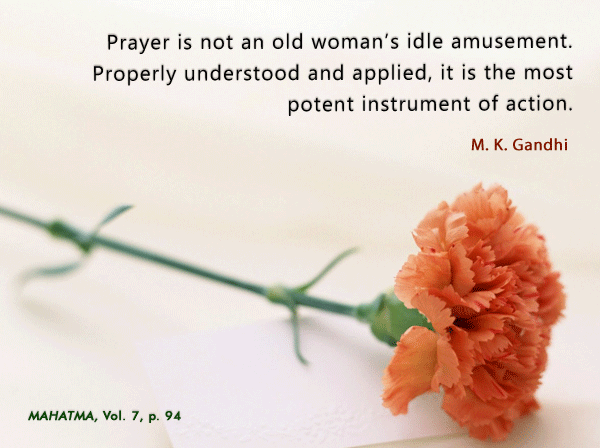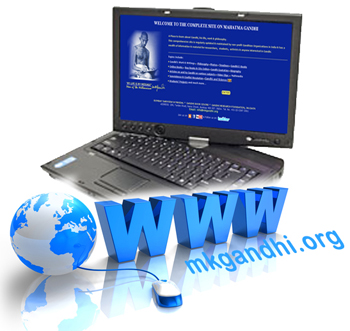“I know that death is inevitable, no
matter what precautions man deludes himself with.”
–Gandhi (Young
India, July 2, 1931)
There is a story from the Middle East about a man who runs right
into Death in the marketplace, and Death backs away from him, clearly startled.
The man doesn’t take the time to say ‘excuse me’, instead, takes off running,
and decides to move away to another village, miles and miles away. Death is
there waiting for him. I
thought I left you in the other town! he cries out, and Death
replies, Oh yes. I was
quite startled to see you there because I had an appointment with you here! A
short parable to highlight that we cannot hide or run away from death.
Nonviolence is a scary idea to the so-called powerful, and they
sometimes will not stop short of murder to stop it. When Gandhi began talking
about nonviolence, people tried to scare him with the threat of death at every
turn. Life was not so precious that it meant sacrificing his ideals to survive.
The purpose of life, for him, was to perfect those ideals. If Death came for
him, he would not hide, but greet it with reverence, courage and even grace. He
proved this on many occasions.
That said, he did not invite death without extreme
discrimination. We have to remember the tools of nonviolent conflict
intervention: precisely because our lives are a trust, we do not offer them
lightly, e.g. at too early a stage in a conflict, nor would we offer our lives
because we hate life, or we hate people, or certainly not because we feel that
our lives — or those of anyone — don’t matter. That has nothing to do with
nonviolence. Anything done for nonviolence is done out of a deep and great love
— this endures. You’ve probably seen the cartoon in which Gandhi and King are
talking and one says to the other, “the funny thing is, they think they’ve
killed you.”
This is the power of self-sacrifice carried to the extreme:
renouncing that which you hold most dear, including life itself.
Experiment in Nonviolence:
Can you see in your own experience a proportion between your ability to sacrifice something and the power you gain by doing so?
Can you see in your own experience a proportion between your ability to sacrifice something and the power you gain by doing so?


